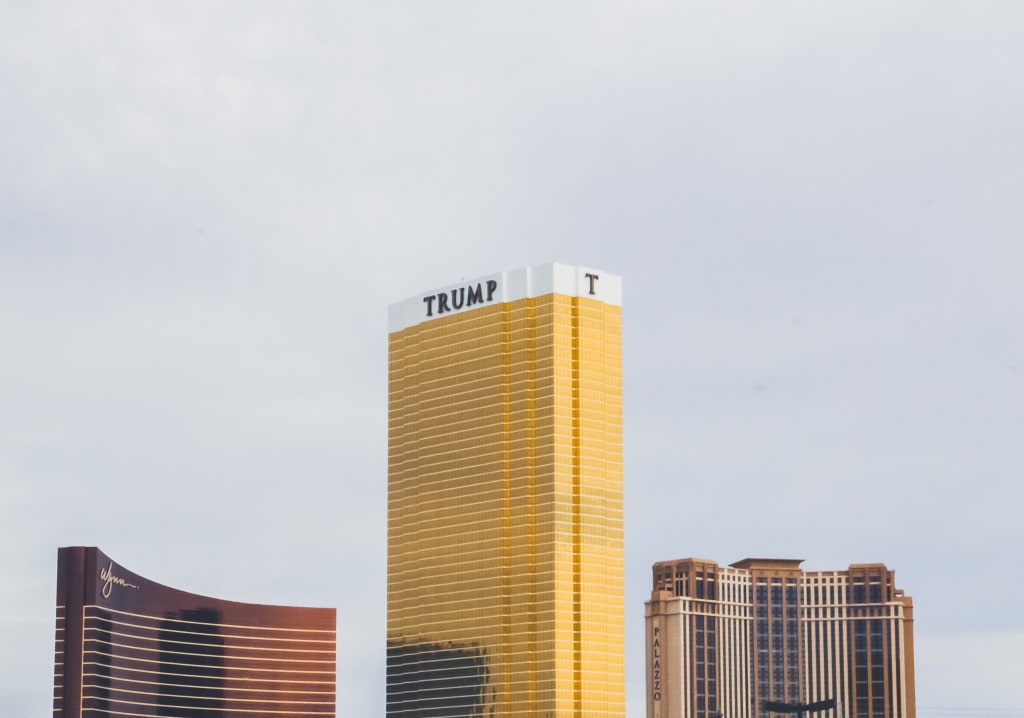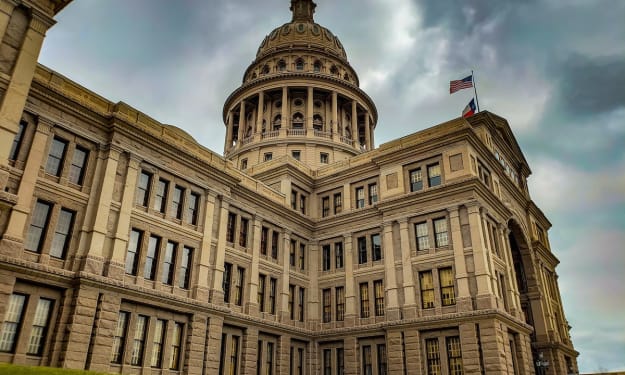The 22nd Amendment
Meaning and Presidential Term Limits Today

The 22nd Amendment was passed in 1947 by a Congress wishing to make sure each President had a set term limit in the wake of World War II, meaning that fascism’s rise had to be stopped. In order to prevent such an occurrence happening in the United States, Congress set up term limits, invoking the rule that no president should be in office more than twice. The 22nd Amendment was ratified by three-fourths of the several States within seven years from the date of its submission to the States by Congress. A founding father like George Washington was not willing to seek a third term in office, as he was wildly popular in his day since he got re-elected.
The founding fathers required a two-term limit. Three terms are not socially acceptable as a historical fact. This is why 45 will be out of office at the end of his tenure. Term limits are important to the structure of our government, because they limit the length of time one person can serve in office. To amend them now would be seen as unnatural. Even 44, President Barack Obama had to serve his term limit out for eight years. Then, when the frustration peaked, 45 had been elected into office as payback by the conservative opposition.
Rep. Ocasio-Cortez has said that the 22nd Amendment was passed as a historical fact, but was not passed to prevent President FDR from taking office again, because FDR died in 1945. Term limits are a tradition necessary to keep going, because we do not want to have a Russian-like situation where Putin stays in office more than is legally warranted by our countries’ founding documents such as the Constitution. On August 9, 1999, Vladamir Putin was appointed one of three First Deputy Prime Ministers, and later appointed Prime Minister of the Government of the Russian Federation by President Yeltsin who felt Putin should be his successor.
Putin has been President of Russia from 2012, having previously held office from 2000 to 2008. Putin has stayed in power, because of massive economic growth, even after in September 2011, he said he would seek a third term in office. In the United States, we do things a bit differently, as we have term limits that are strictly enforced by our laws. In 2014, he played a role in annexing Crimea back into the Russian Federation. He also led military intervention in Eastern Ukraine, leading to the GDP shrinking by 3.7 percent. Putin had gained 76 percent of the March 2018 presidential vote.
He was subsequently re-elected for a six-year term that will end in 2024. His country bent the rules for him, and now he is solidly in power for five more years. There would be a civil war in the United States if this were to happen. Russia is not necessarily a democracy, as we would define it in our country. Russia has, consequently, been accused of propagating an election interference program, which messed with the Hillary Clinton campaign. Putin comes from a wealthy family, and he was KGB for a long time. In the United States, it would be impossible to have a Putin-like situation with regards to our term-limit rules. We are very strict about imposing presidential term limits. The fervor of Obama would not permit him to serve a third term. That is something that is iron clad, because of our Constitution. We will not have a Putin-like situation in the United States, period. The term limits are eight years, or two-terms of four years each. We vote our elected leaders into office using democracy, and we do not necessarily rewrite our rules to suit us.
Works Cited
About the Creator
Iria Vasquez-Paez
I have a B.A. in creative writing from San Francisco State. Can people please donate? I'm very low-income. I need to start an escape the Ferengi plan.






Comments
There are no comments for this story
Be the first to respond and start the conversation.